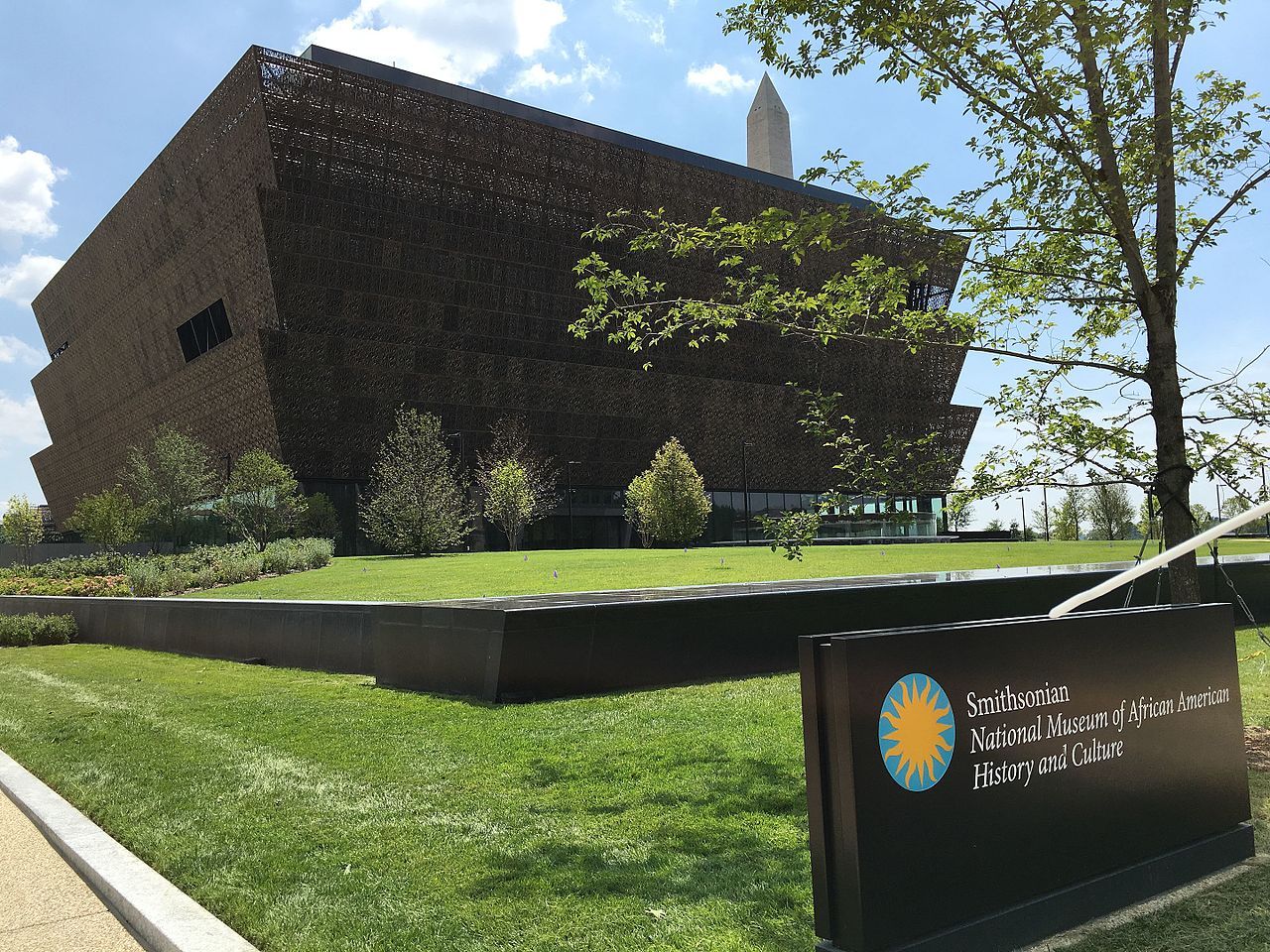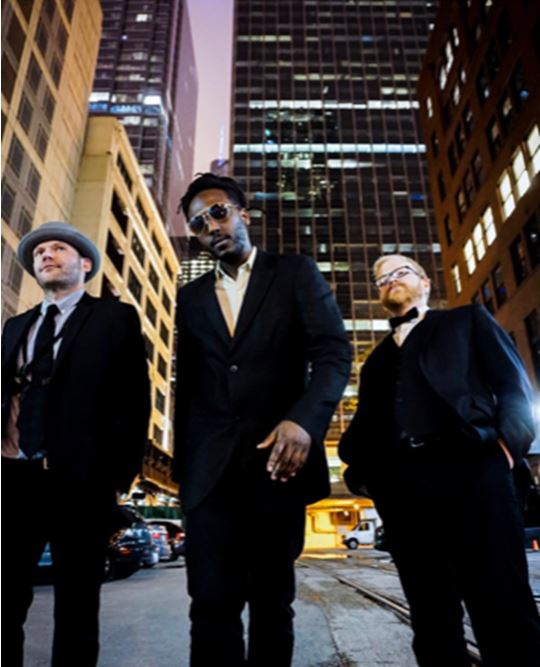
Being black is central to my identity
Black History Month is an opportunity to honor the achievements, culture and contribution black people have made to our society, both past and present. Denver Water is proud of our diverse workforce, and we asked Laurette Evora, an executive assistant, to share what being black means to her.
Being black is central to my identity.
It’s something I hold very dear and am very proud of. My race has contributed to many experiences throughout my life that have shaped who I am today and how I’ve raised my children.
I grew up in Harlem during the time when Martin Luther King Jr. and Malcolm X were killed. I grew up in a community where people were hard working, successful and everyone knew each other. My father was a police officer in Brooklyn and my mom worked for a publishing company.
My mother and grandmother were very vocal about black rights and they taught me to be an independent thinker. Even from a young age, my strong female role models taught me how to stand up for myself.
My grandmother was born in the early 1900s when it was not acceptable for blacks to have a voice. She wasn’t afraid to speak her mind.
When I was young, my grandmother worked as a laundress for a white family. I remember going with her to work one day and meeting the family’s granddaughter, named Molly, who was about my age. My grandmother was told that I should call her “Miss Molly.” My grandmother immediately responded: “Not unless she will call my granddaughter ‘Miss Laurette.’”
That is my first memory of racism. However, my childhood was peppered with instances in which I became increasingly aware of the injustice and inequality around me.
At summer camp, which had children from all races, a white girl told me that "negroes were ugly." I thought to myself, “Why did she say that? When I look in the mirror, that’s not what I see.”
Moments like these confused me.
When I entered middle school, children in my neighborhood were being bused to schools in Queens to help integrate the public schools.
To avoid traveling a long way each morning from my home in Manhattan to Queens for school, my mother enrolled me at St. Charles Borromeo Church, a black Catholic school run by the Sisters of the Blessed Sacrament, whose mission is to educate black and Native American children.
We learned about U.S. history and were taught about our forefathers like George Washington and Thomas Jefferson.
I remember thinking, “These aren’t my forefathers. This isn’t my history.”
The only thing we learned about ourselves was that we were slaves. There was no black history taught.
When I was in high school, I had friends of all races. These friendships helped me learn to get past the racism I had experienced as a child and allowed me to see beyond skin color.
I realized that I needed to deal with people based on who they are inside, not based on their race.
After my children were born, we moved to Beverly, an Irish-Catholic neighborhood in Chicago.
I saw redlining firsthand. Financers and realtors discriminated against minorities to keep them from purchasing homes in certain white neighborhoods.
While it was disheartening to see racism in the communities in which we lived, we taught our children to love everyone based on who they are inside. We exposed them to everything I experienced as a child — education, museums, music, the arts, travel, culture and diversity — to make sure they were global citizens.
We encouraged them to consider everyone’s perspectives, treat others with kindness and be confident in who they are.
Being black is an important part of my children’s lives.
My daughter Elon is a member of the historically black Alpha Kappa Alpha sorority. She received her master’s degree from Georgetown University and works at the Smithsonian National Museum of African American History and Culture.
My son Anthony lives in Chicago where he is an MC, or rapper, in a New Orleans-style jazz band called the Lowdown Brass Band.
It’s not easy to be black in America, but throughout my children’s lives, we have always taught them to be proud of who they are.
In the end, all people want the same things: to be happy, successful, loved and respected.



